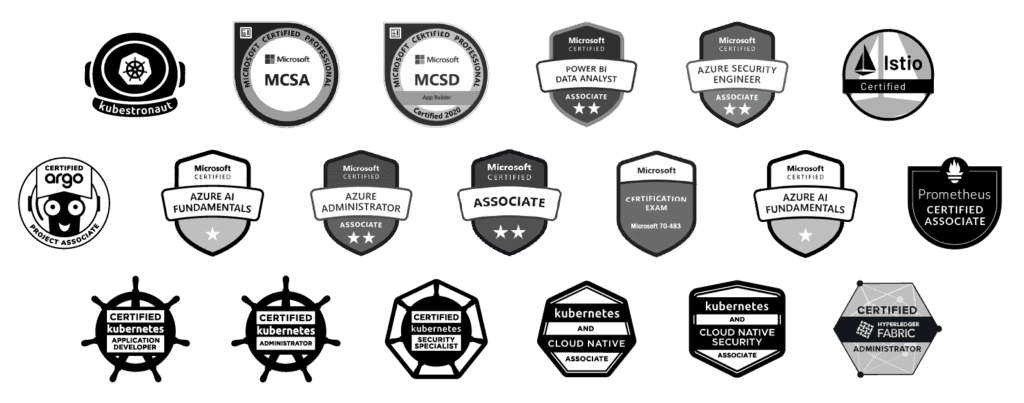Are you ready to transform your testing processes with the power of AI? Ensuring superior Quality Assurance (QA) is crucial for success in software development.
Embracing AI-driven testing can revolutionize how you validate software, offering unparalleled accuracy, efficiency, and overall quality. Today let’s explore the potential of AI in QA, showcasing how integrating Artificial Intelligence can elevate your testing capabilities to new heights.

The Promise of AI in QA
Enhancing Accuracy and Precision
AI algorithms excel in identifying patterns and anomalies, making them ideal for detecting subtle bugs and vulnerabilities that traditional methods might miss.
Machine Learning models can analyze vast amounts of data from test results, production logs, and user feedback to uncover complex issues early in the development cycle. By leveraging AI, QA teams can achieve higher accuracy in identifying defects and ensuring software reliability.
Improving Efficiency and Speed
AI-powered automation streamlines repetitive testing tasks, reducing manual effort and accelerating release cycles. Automated test case generation, execution, and analysis enable rapid feedback and continuous integration, allowing teams to detect and address issues swiftly. With AI handling routine tests, QA professionals can focus on strategic testing activities that require human insight, thereby optimizing resource allocation and improving overall efficiency.
AI-Driven Testing Methodologies
Predictive Analytics and Test Prioritization
AI enables predictive analytics to forecast potential risks and prioritize tests based on their likelihood and impact. Machine Learning algorithms analyze historical data to predict areas of the code most prone to defects, guiding QA efforts towards critical functionalities. By focusing testing resources on high-risk areas, teams can maximize test coverage and minimize the risk of releasing software with significant issues.
Cognitive Testing and Natural Language Processing (NLP)
AI techniques like natural language processing (NLP) enhance cognitive testing capabilities, enabling automated validation of user interfaces, chatbots, and voice-controlled applications. NLP algorithms understand and interpret human language, facilitating automated testing of application responses and user interactions. Cognitive testing with AI ensures that software not only meets functional requirements but also delivers a seamless user experience.
Implementing AI in QA: Tools and Technologies
AI-Powered Test Automation Tools
Leading QA platforms integrate AI to enhance test automation capabilities. Tools like Testim, Applitools, and Eggplant utilize Machine Learning to create robust test scripts, execute tests across multiple platforms, and analyze test results intelligently.
These AI-driven tools empower QA teams to achieve higher test coverage, detect visual and functional defects efficiently, and optimize test maintenance efforts.
These AI-driven tools empower QA teams to achieve higher test coverage, detect visual and functional defects efficiently, and optimize test maintenance efforts.
AI for Performance and Security Testing
AI extends beyond functional testing to performance and security testing domains. Tools such as BlazeMeter and Fortify leverage AI to simulate realistic load scenarios, identify performance bottlenecks, and enhance application scalability. AI-driven security testing tools detect vulnerabilities, analyze attack patterns, and provide actionable insights to fortify software against cyber threats effectively.
The Future of QA: Embracing AI Innovation
Continuous Learning and Adaptation
AI’s ability to learn from data enables continuous improvement in testing strategies. By analyzing test outcomes and user behavior, AI algorithms refine testing methodologies and adapt to evolving software requirements. This iterative process ensures that QA practices remain agile and effective in addressing new challenges and technological advancements.
Ethical Considerations and Human Oversight
While AI enhances testing capabilities, human oversight remains crucial to validate AI-generated insights and maintain ethical standards. QA teams should exercise transparency and accountability in AI implementation, ensuring that automated decisions align with business goals and ethical guidelines.
Embracing AI
Embracing Artificial Intelligence in quality assurance offers unprecedented opportunities to enhance accuracy, efficiency, and overall software quality.
By harnessing AI-driven testing methodologies and leveraging cutting-edge tools, organizations can achieve faster releases, reduce costs, and deliver superior user experiences.
By harnessing AI-driven testing methodologies and leveraging cutting-edge tools, organizations can achieve faster releases, reduce costs, and deliver superior user experiences.
We want to empower you to harness the power of AI for superior Quality Assurance. Learn how we can help you pave the way for innovation and excellence in software testing.












